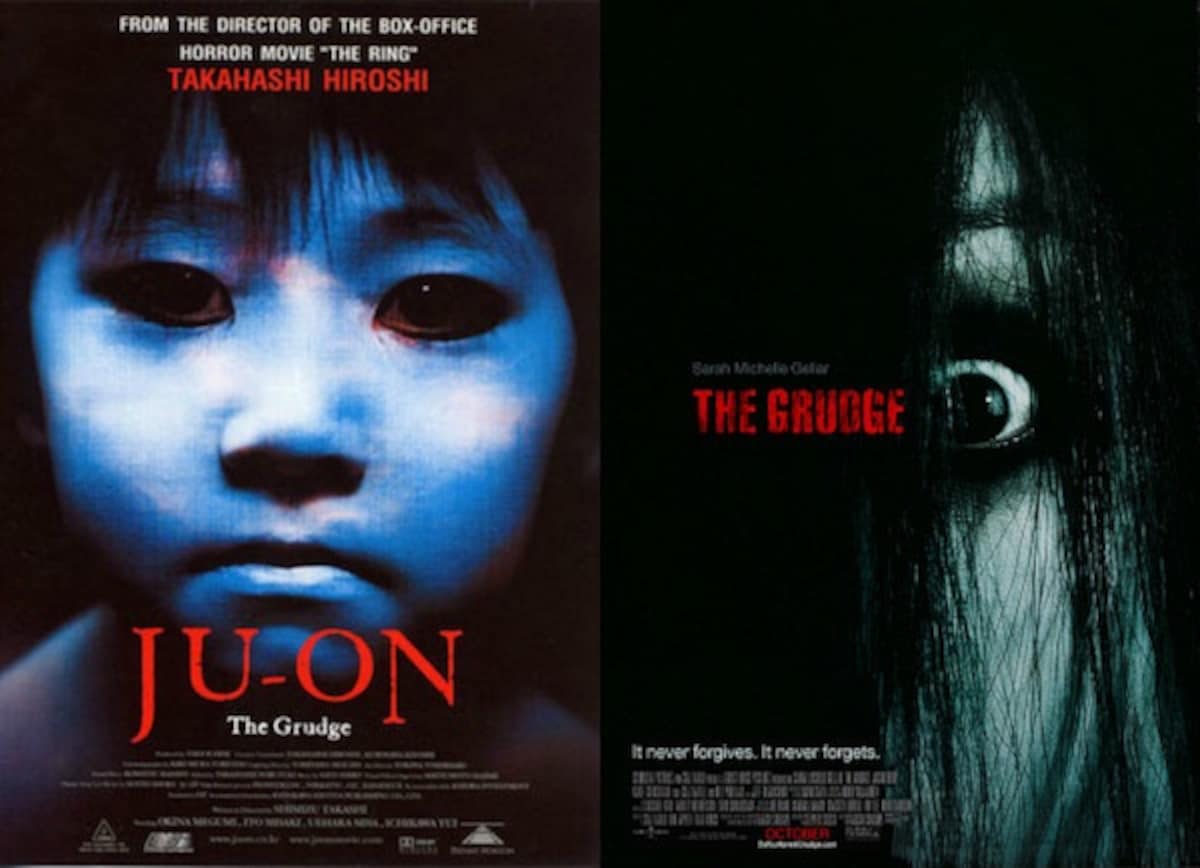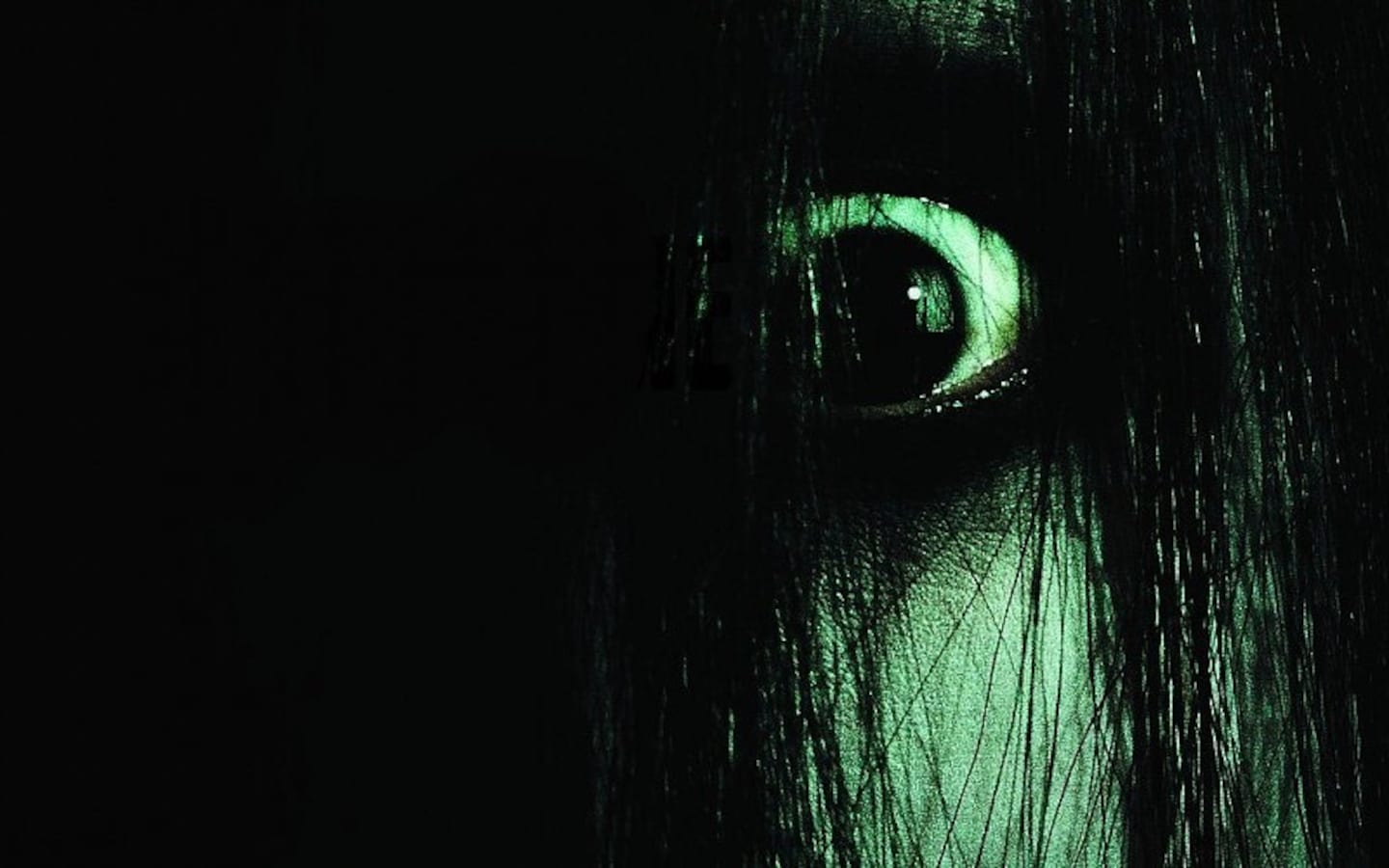5 Creepy Japanese Film Remakes From the West
Japan's horror hungry fans' love for gory ghouls might suggest that Japanese horror cinema never disappoints. But for scare-seeking audiences in the West, who like more bang for their buck, adding extra bells and whistles to the films makes for a spookier ride! Nevertheless, whether you've watched the original or the remake, you're in for a scare!
By O.M. Miki5. One Missed Call

http://www.impawards.com/2008/one_missed_call.html
Directed by Eric Valette, the 2008 American supernatural horror film, One Missed Call is a remake of Takashi Miike's 2003 Japanese film based on the Yasushi Akimoto novel Chakushin Ari.
Unfortunately critics reviewed the original film as somewhat of an unoriginal lackluster and panned the remake as the worst Japanese horror film released in the states. However, the one aspect that critics could agree on is that the film successfully keeps audiences curiosity levels high throughout the film making it a suspenseful watch.
The plot revolves around a female protagonist who receives a phone call from her future self, revealing the day, time and some details of her death. After learning that other people have also been receiving similar phone calls, she decides to figure out who's behind the calls and how to save herself before her time comes.
Despite the mixed reviews this film is still worth a watch, especially if you're sitting alone in the dark!
4. Ju-On: The Grudge / The Grudge

http://www.impawards.com/2004/grudge.html
Written and directed by Takashi Shimizu, Ju-On: The Grudge is a Japanese supernatural horror film that first premiered at the Screamfest Film Festival in October 2002. It's increasing popularity in Japan allowed for several sequels to follow as well as the Japanese-American supernatural horror film remake simply titled The Grudge, released in 2004.
Both films are told through a non-linear sequence of events and includes several intersecting subplots. The underlying story takes place in a recent past that reveals Takeo Saeki murdering his family after finding out his wife Kayako is in love with someone else. The murders create a curse that brings back the family as vengeful sprits or onryo in Japanese, with Kayako’s ghost killing Takeo. Whoever enters the house thereafter is eventually consumed by the curse, spreading it not only to the area where they eventually die, but also to anyone present.
Both films have their high and low points, as some critics in the West found the storylines difficult to follow in the Japanese version. However, if you haven't seen the original film, it's definitely worth a watch because those bone chilling sounds from the deceased victims are so eerie that you just might feel a lingering creepy presence soon after!
3. Honogurai Mizu no Soko Kara / Dark Water
https://youtu.be/i6Z0ViYJt7s
Released in 2002, Honogurai Mizu no Soko Kara is as creepy as it is sad. This Japanese horror drama is based on a story written by Koji Suzuki and directed by Hideo Nakata, featuring a single mother, Yoshimi, as its protagonist. The film was remade in 2005 by Walter Salles under the title Dark Water
The film dives right into Yoshimi facing a divorce and fighting for custody of her daughter, Ikuko. But, the battle is a difficult one as the court isn't sure she can be a responsible guardian considering her past psychological episodes. Attempting to prove herself to the court and her daughter, Yoshimi must also contend with the domestic struggles of having to secure a job and apartment. As if the day-to-day stress of a single mother isn't hard enough, Yoshimi ends up renting an apartment that comes with random and bizarre water problems and, of course, the ghost of a little girl haunting the place.
The film focuses mainly on the harsh realities of being a single mother and the closeness between a mother and child, so if you decide to make this one a blockbuster night, be prepared for a scare and a possible sob.
2. Kairo / Pulse
https://www.youtube.com/watch?v=spyTqeP8i7c
Written by Wes Craven and Ray Wright, and directed by Jim Sonzero, Pulse is an American horror film that was released in 2006 and a remake of the Japanese horror film, Kairo, directed by Kiyoshi Kurosawa. The plot in both films centers on ghosts entering the world by way of the internet.
Both films create a dark, cold environment that replicates what the internet would probably be like if it was in fact its own world. And since the internet was not used as much then as it is today, the web's unknown aspects really showcase the two parallel worlds well. The overall film focuses on the evil that comes from the internet as opposed to the individual characters. However, our attention isn't completely split as we still manage to get pulled in by the creepiness and cruel killings.
The Japanese version of the film seems to focus on loneliness—of death as well as living in big cities like Tokyo—whereas the American version ups the ante with more scares. Both films are an interesting watch even today since, well let's face it, the internet has definitely invaded.
1. Ringu / The Ring
https://www.youtube.com/watch?v=ymPUAsPsTwg
Released in 1998, Ringu just might take the cake in Japanese psychological horror films. Ringu was directed by Hideo Nakata, and adapted from another, frightening novel by Koji Suzuki. Not to mention it stars Hiroyuki Sanada whose acting career skyrocketed in the West with the popular film The Last Samurai. In 2002, the remake film The Ring premiered, directed by Gore Verbinski.
The plot is pretty straightforward in both films, beginning with two teenagers chatting about a cursed videotape that kills the viewer seven days after watching. One of the girls admits she watched the film with three other friends one week before and continues on to reveal that after watching she received a strange phone call. As the night goes on the girl is killed by an unseen force as her friend watches in horror. From there, the mysteries behind the tape is slowly unveiled after the young girls aunt is forced to seek out the truth after she watches the videotape and learns she only has seven days to live.
This is probably one of the films that the West didn't enhance, but actually took a backseat to in terms of the overall scare factor. The American version was pretty scary and received great reviews from audiences; but, if you haven't seen the original, maybe you're better off—that is if you're not ready for a good scare!




